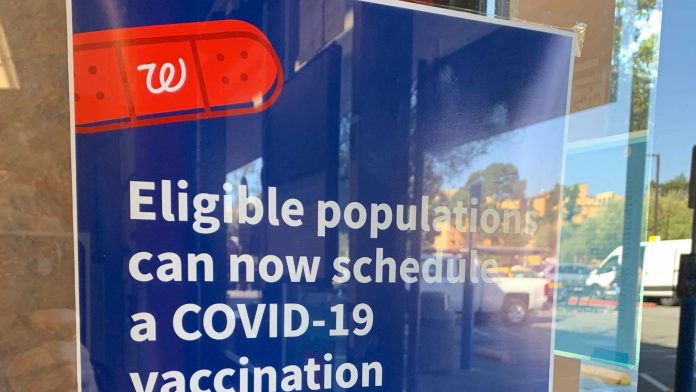As the fall respiratory virus season approaches, the Food and Drug Administration (FDA) has granted approval for two updated COVID-19 vaccines. These newly approved messenger RNA (mRNA) vaccines, developed by Moderna and Pfizer/BioNTech, have been reformulated to more effectively target the currently circulating variants, rendering the earlier vaccines outdated.
The key feature of the FDA-approved vaccines is their targeting of a different strain of the COVID-19 virus compared to the original vaccine or the bivalent vaccines released last year. Specifically, they are tailored to address the XBB.1.5 strain, which has been prevalent in the United States and most parts of the world since the beginning of the year.
It’s important to note that these updated COVID-19 vaccines do not strictly qualify as boosters. Instead, they are comparable to the updated influenza vaccines introduced each year to address changing strains of the flu virus.
The Centers for Disease Control and Prevention (CDC) panel of vaccine experts has recommended the new 2023-2024 COVID-19 vaccine for all Americans aged 6 months and older. This comprehensive recommendation aims to provide a strong layer of protection against COVID-19, particularly for those individuals at the highest risk of complications, including older adults, individuals with weakened immune systems, and young children. These demographic groups have shown a propensity for experiencing severe complications from COVID-19.
In addition to advocating for the COVID-19 vaccine, health experts are emphasizing the importance of receiving the influenza vaccine. It is deemed safe to receive both the COVID-19 and flu vaccines concurrently, as they have demonstrated effectiveness in preventing severe complications related to both COVID-19 and the flu, such as hospitalization and death.
The influenza vaccine is recommended for all individuals aged 6 months and older, with a particular focus on those who stand to benefit the most. These include older adults, individuals with compromised immune systems, and those with underlying medical conditions such as heart, lung, liver, or kidney diseases. By ensuring vaccination within these vulnerable populations, it is possible to reduce the severity of illness associated with both COVID-19 and the flu, promoting public health and well-being during the upcoming respiratory virus season.
For instance, Walgreens will allow people to schedule appointments for the new shots within 24 hours after the CDC recommendation, with available appointments starting the same week. Appointments can be scheduled through the Walgreens website, mobile app, or by calling 1-800-WALGREENS, with additional appointments being added on a rolling basis.















